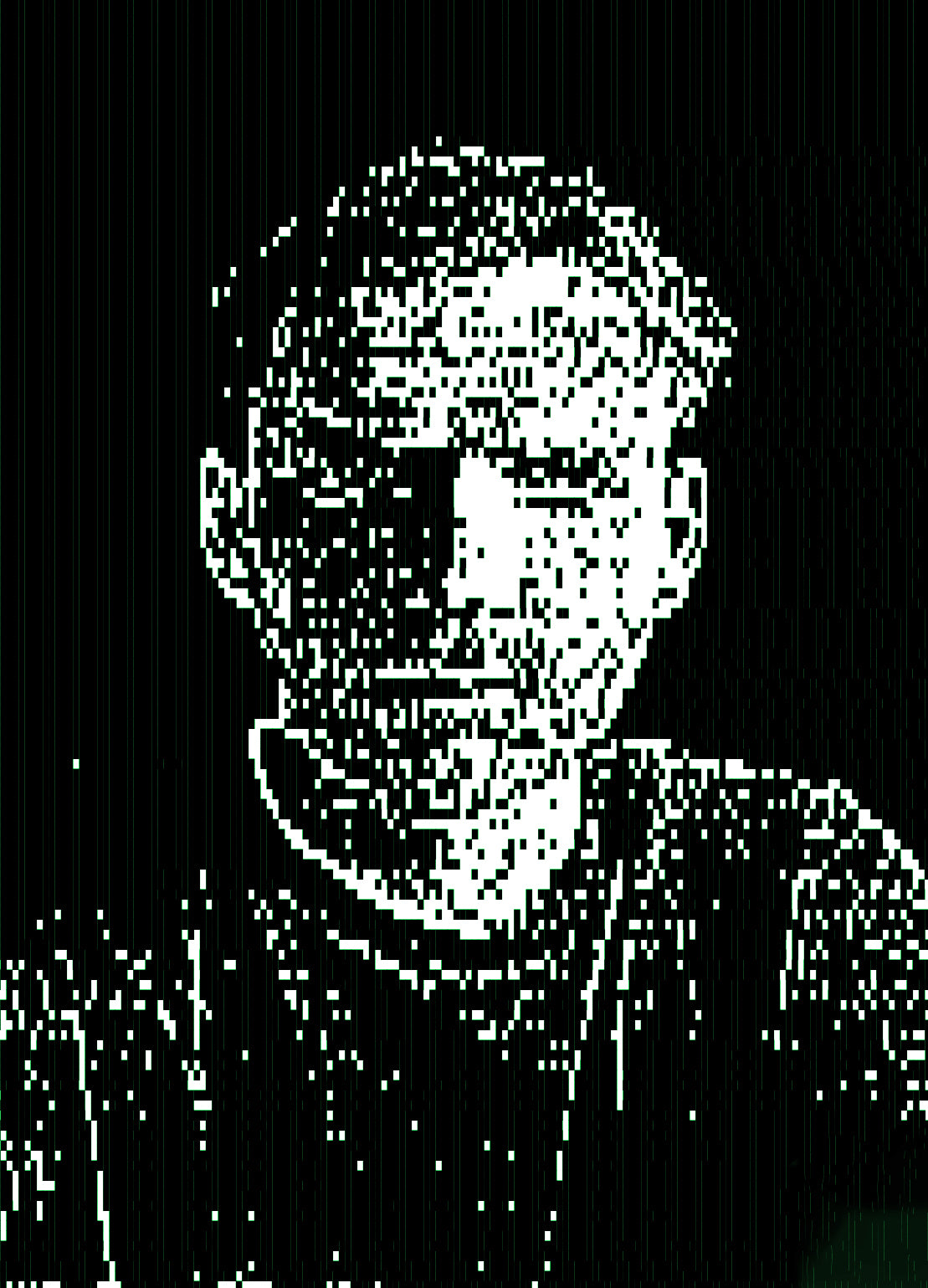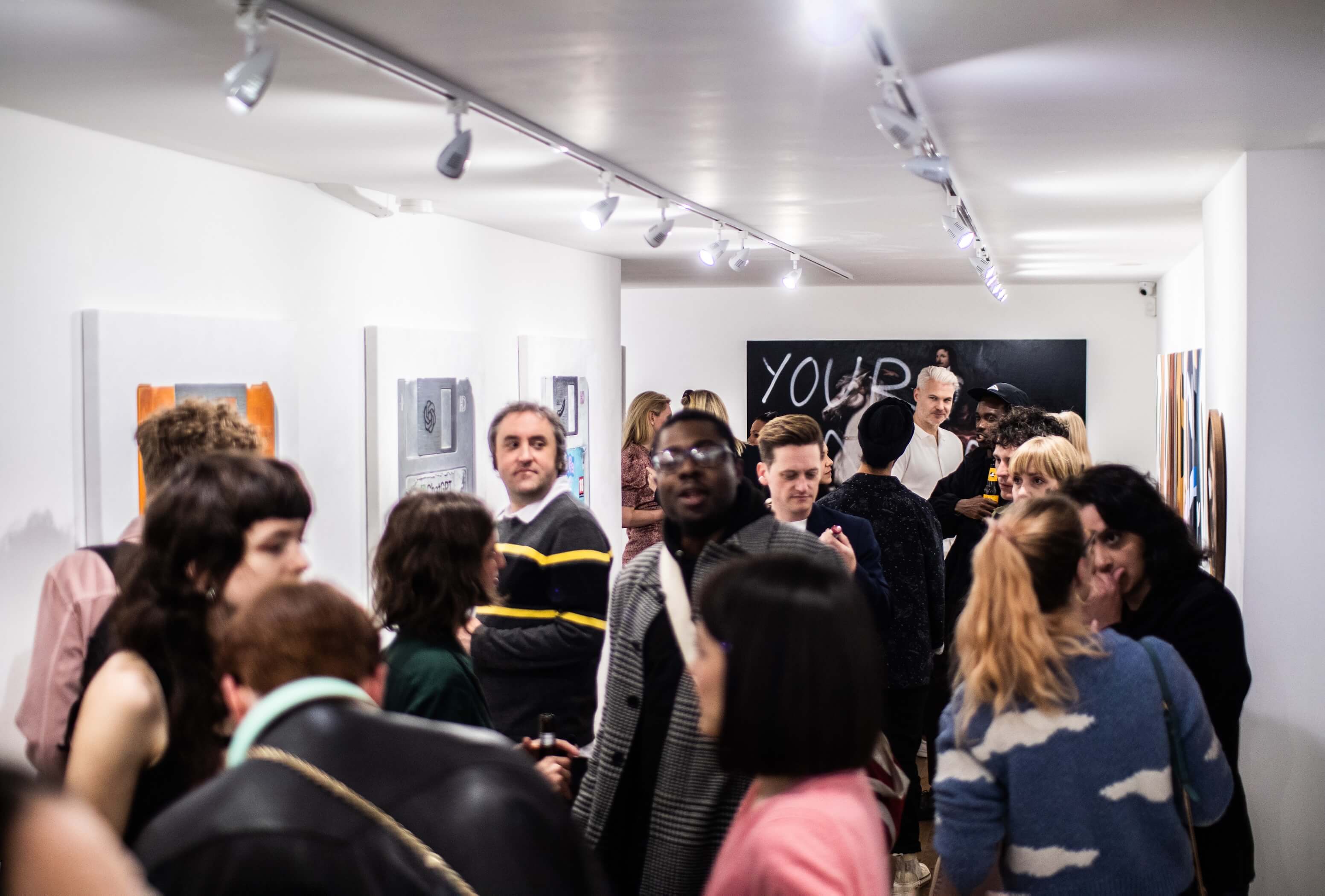
Programmer Turned Artist
"I’ve always had a soft spot for the forgotten bits of tech — floppy disks, unloved ports, PCMCIA modems. My studio’s a bit of a tech graveyard... with better lighting and the faint smell of solder.
My work blends painting (and more lately, sculpture) with the ghosts of our digital past. Much of the storage media I've amassed over the years are now useless for files — we all end up degrading — but they carry references, meanings, and the odd emotional glitch.
This isn’t just about paying tribute to the past. It’s about taking dead tech and giving it something to say... before it crashes."
"My artworks are a homage to the functional beauty of digital storage (and the data contained therein)… each with a light-hearted twist."

Arlo's bio
Born in South Africa and raised in London, Arlo's story is one of fascination and creativity under constraint. His early life was marked by economic hardship and the aspirational longing for the inaccessible world of computers and video games.
Arlo's journey began with a broken and discarded Commodore 64 — one his grandfather fixed up for him. It was trash turned into a treasure chest of infinite digital possibilities. Unable to afford games, at only nine years old he learned to program his own, crafting adventures from lines of code, each one a step towards mastering the language of machines. This formative experience, compounded by the loss of his father, turned fictional characters from his favourite shows and games into digital companions and unwitting mentors.
You will encounter artworks that might seem merely nostalgic at first glance but are laden with cultural critiques and personal anecdotes. Pieces like 'Lion King: Serious Daddy Issues Edition' and 'Mario: Bros Before Hoes' aren't just art — they’re Arlo's reflections on the complexities of growing up, and in a digital age that shapes how we think, feel, and interact.
Beyond personal narrative, his pieces address themes such as privacy, the societal impacts of technology, the evolution of digital art, and the shadowy realms of online anonymity and conspiracy. It's a reflection on how deeply technology is woven into the fabric of our lives, influencing our perceptions and interactions.
Arlo invites you not just to view, but to remember, think, and perhaps smile at the quirks of a digital age that continues to evolve. It's a testament to how technology, once a luxury, has become a fundamental part of our cultural fabric, holding both our collective memories and personal stories in its circuit-laden hands.



